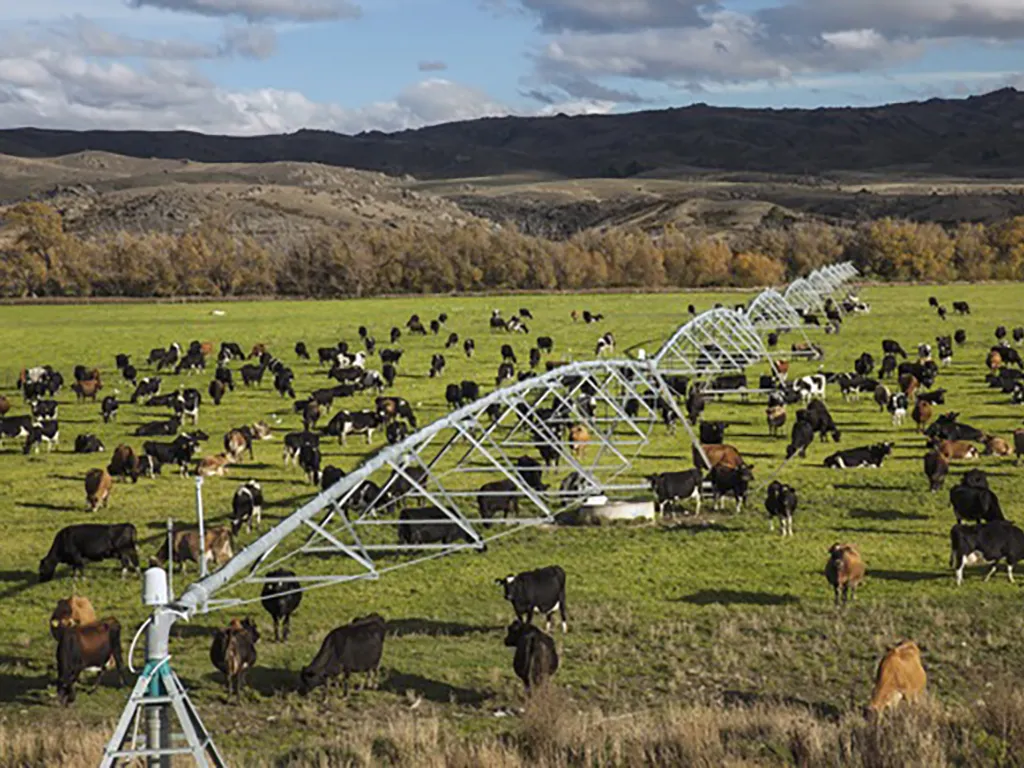As BayBuzz previously reported, eight existing CHB water users – so-called Tranche 2 applicants – are seeking further allocations from 15m3 of Ruataniwha aquifer water ‘discovered’ by the Commissioners who made the decisions about Tukituki management and the proposed dam back in 2015.
Even then the Regional Council objected, believing the aquifer was at the razor’s edge of depleting. And now, seven years later, it is even more evident that we need to be saving water in that aquifer, not allocating/depleting more of it.
The hearing by three independent commissioners on those applications will commence on 14 November with a site visit, followed by hearings in Ahuriri (Napier Sailing Club) on the 15th, 17th and if necessary 18th. Venue for 16th Nov will be CHB Municipal Theatre.
Meantime, HBRC officers have filed their RMA-required s42A assessment of the applications and have recommended that the applications be denied. Hopefully the Hearings Panel will concur.
Here are the HBRC officers’ concluding observations:
Conclusion
- This assessment has been carried out in accordance with s104 and 104B of the RMA.
- There is uncertainty over the accuracy and applicability of the modelling that underpins the assessment of effects. The scale and extent of adverse effects may be underestimated by the applicants’ assessments, and some predicted adverse effects, such as those on other wells and smaller, un-augmented streams could be significant.
- The efficacy of the applicants’ augmentation regime is also uncertain. Augmentation as proposed will not be sufficient in drier seasons, it is unclear how the augmentation package will work collectively if abstraction develops at uneven rates across the group of applicants, and it remains unclear whether augmentation to shallow wells and dry stream reaches will provide the flow benefits that have been modelled.
- The Tukituki River and its tributaries are recognised as Statutory Acknowledgment Areas and have significant cultural value. This is also recognised by the Tukituki River (downstream of SH50) being considered as an Outstanding Water Body. Based on the submissions from tangata whenua, the proposals may result in adverse effects on cultural values, but consultation is ongoing and further information may become available on this at the hearing.
- There is a generally declining trend in groundwater levels across the Ruataniwha Basin. These declines could be exacerbated by climate change and increased abstraction of Tranche 1 groundwater. I have concerns about the additional cumulative adverse effects that may result from this proposal and the ability to appropriately mitigate these effects.
- There will be some economic benefits from the proposal. Land use changes as a result of water use will need to be managed carefully through the production land use consent process, but land use changes are possible without leading to increased contaminant losses. However, in the longer term these and others in DIN exceeding catchments will need to be contributing to reductions in contaminant losses if the TCP target is to be met.
- I have concluded that the proposal is not consistent with the objective of the National Policy Statement for Freshwater Management 2020, Te Mana o Te Wai and other critical Regional Policy and Regional Plan provisions.
- For these reasons I have recommended that the consents be refused.
- Recognising that the panel may reach a different conclusion, draft conditions are provided for consideration.
17. Recommendation
325. The recommendation is that the resource consents be refused.


Guarantee that, if approved, they’ll be back for more at a later date – CHB is a dry land farming area naturally – these people are trying to change it into a Waikato farming area – definitely don’t approve the request (in fact it would be good to lower their current allowance of water by up to 50% to let the aquifer start to recover)
Fully agree with Grant’s comments above. It is a waste of resources to try and introduce farming methods or types into an area that is patently unsuitable for that type of farming.
To me this is proof that the HBRC has at least some common sense in this matter – it’s been patently obvious for many years that the aquifer is under stress and water abstraction has been over-allocated. As Grant suggests above, current consents should be reduced – a sinking-lid policy should be adopted. This debacle also shows that the applicants for T2 water do not care a fig about the environment, and that it’s all about the Almighty Dollar, i.e. the bottom line.